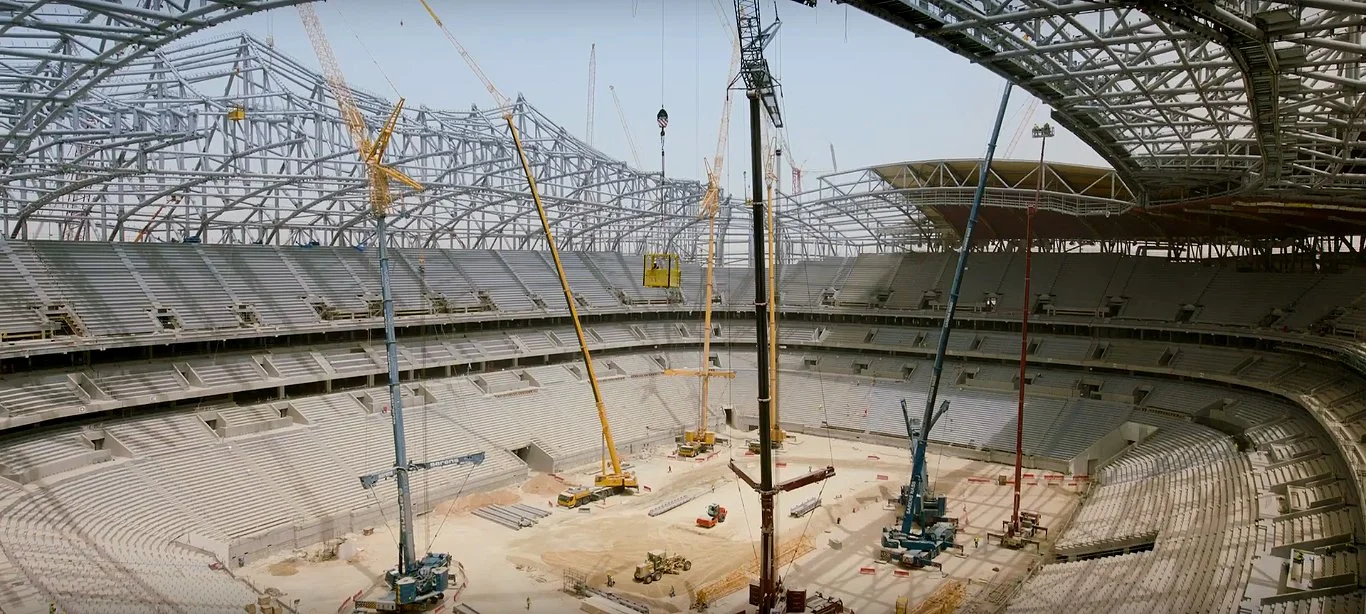Canadians go to the polls on April 28th, with tariffs and the trade war between the United States dominating much of the conversation this election cycle. Amidst this turbulent political context, conversations around climate change have gone under the radar despite the rapid exacerbation of the global climate emergency during the past year.
At the end of 2024, the Senate and the House of Commons published reports on Canada’s role in responding to the global forced displacement crisis and Canada’s engagement with African countries, respectively. Climate Refugees provided input and shaped the recommendations for both reports to ensure climate justice is at the centre of Canada’s efforts.
In December 2024, the Standing Senate Committee on Human Rights published a timely report entitled Ripped From Home: The Global Crisis of Forced Displacement. The report highlights the scale of the displacement crisis, which is exacerbated as climate change negatively influences environmental, economic and physical wellbeing.
In the recommendations presented, the Committee encourages Canada to “recognize climate displacement as an existential crisis and take an international leadership role on mitigating and adapting to climate change.” The report calls on the government to fully fund Canada’s climate finance commitments and address climate migration through international instruments such as the Convention on Statelessness. The Committee also encourages the government to consider introducing new pathways for refugees based on specific human rights considerations, such as people displaced by climate change.
The report acknowledges the connections between climate change and displacement by asserting, “In short, climate change must no longer be thought of as a peripheral concern in the context of global displacement. It is already amplifying threats to peace and security, development and human rights, and has the potential to supercharge global displacement to unprecedented levels. Mitigating and adapting to climate change is therefore central to the nexus approach to global displacement.”
Climate Refugees contributed to the study through a joint brief with key recommendations on how Canada should respond to the global solidarity crisis for forced displacement in the context of the climate emergency. These recommendations include recognizing climate displacement, training decision-makers and officials on the intersection between refugee law and climate change, increasing humanitarian visas, developing relocation processes for internally displaced communities, and establishing long-term legislative solutions to provide a more permanent and comprehensive response to climate protection.
In November 2024, the Standing Committee on Foreign Affairs and International Development published a report on a New Era of Partnerships: Canada’s Engagement with Africa. The report outlines a series of recommendations, including for Canada to address the intersection between climate change and healthcare, as well as to support climate-resilient agricultural systems. Climate Refugees contributed to the report as Amali Tower testified at the House of Commons by highlighting the impact of climate change on poverty, loss and damage, development setbacks and human rights, while underlining the climate injustice in the continent as African countries have contributed less than 4% of carbon emissions. Climate Refugees called on Canada to provide equitable, grant-based climate finance, including compensation for losses and damages, as well as for the government to take action that would help communities to adapt in place to climate change and support and facilitate voluntary migration.
In March, the government launched its “Canada’s Africa Strategy: A Partnership for Shared Prosperity and Security.” The foreign policy is centered around five strategic areas aligned with the African Union’s Agenda 2063, including supporting adaptation and addressing biodiversity loss through Canada’s climate finance envelope, as well as through bilateral agreements and initiatives, such as the Global Carbon Pricing Challenge and Powering Past Coal Alliance. These investments are critical as the World Meteorological Organization estimates that by 2030, 118 million people living in extreme poverty across the continent will be exposed to drought, floods and extreme heat if adequate response measures are not put in place.
As the United States retreated from global climate action under the second Trump presidency, which will have detrimental impacts on global climate finance through the dissolution of USAID, Canada has an urgent role to step up and demonstrate its leadership in global climate justice. This includes advancing protection pathways for those displaced and migrating due to the effects of the climate crisis, as recommended by the Canadian Association of Refugee Lawyers, as well as developing an ambitious and justice-centered five-year international climate finance pledge between 2026-27 and 2030-31.
Canada has disproportionately contributed to the climate crisis as it is the largest polluter in terms of cumulative emissions per population and the second highest in cumulative emissions per capita historically. Such figures underline how the next government must urgently work toward rectifying its global climate destruction by advancing justice-centered solutions to the climate crisis through ambitious climate finance pledges, including compensation for losses and damages for countries disproportionately impacted by the climate crisis, as well as innovative approaches to protect those displaced and migrating due to the complex and intertwined effects of the global climate emergency.







